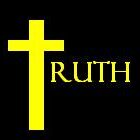Whoever can be trusted with small things can also be trusted with big things. Whoever is dishonest in little things will be dishonest in big things too. If you cannot be trusted with worldly riches, you will not be trusted with the true riches. And if you …
Read More




